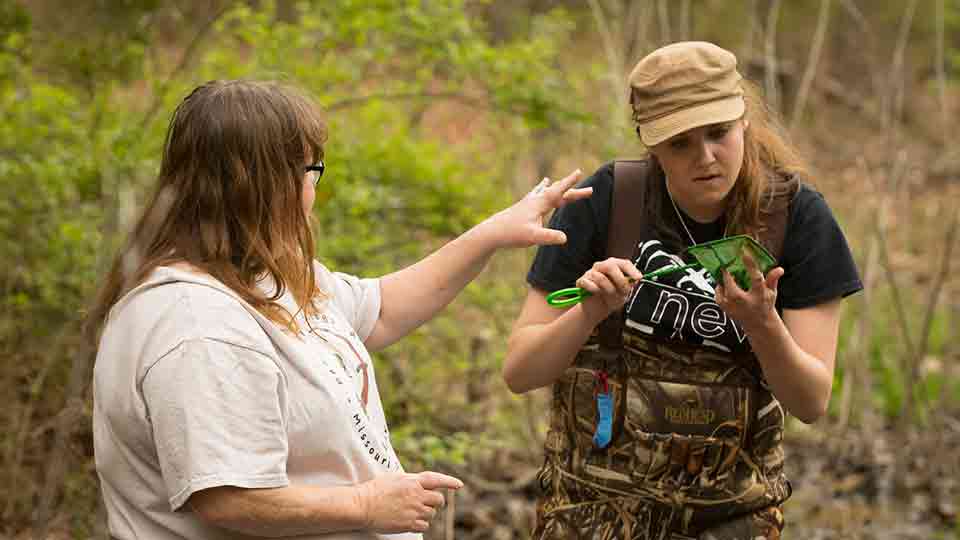In Hollywood, death is usually dramatic and loud. But for most living organisms, it’s slow and silent.
To keep an eye on the health of several at-risk species, Missouri State University’s biology department has a contract with the National Park Service (NPS). Since 2004, this relationship has allowed students and faculty to conduct research at 15 national parks.
They monitor “vital signs” of ecosystem health, like water quality and species diversity, according to Dr. Alicia Mathis, head of the biology department.
This work detects any potential threats to park resources.
“These threats might result in loss of natural habitat, invasion by exotic species or other disturbances to natural systems,” Mathis said. “Detection and tracking enable park managers to take action before serious damage occurs.”
Grant renews partnership for five more years
Funding through this contract allows NPS biologists to maintain offices on the Missouri State campus. This increases interaction with MSU researchers and strengthens the collaboration.
“Close working relationships with agencies such as the National Park Service are essential to the department’s work as one of the statewide leaders in wildlife biology education and research,” Mathis said.
Students pursuing wildlife biology degrees and those planning careers in agencies especially appreciate the availability of park service biologists, Mathis added.
The $124, 119 grant (which runs through 2023) also pays for several student internships in the park service.

